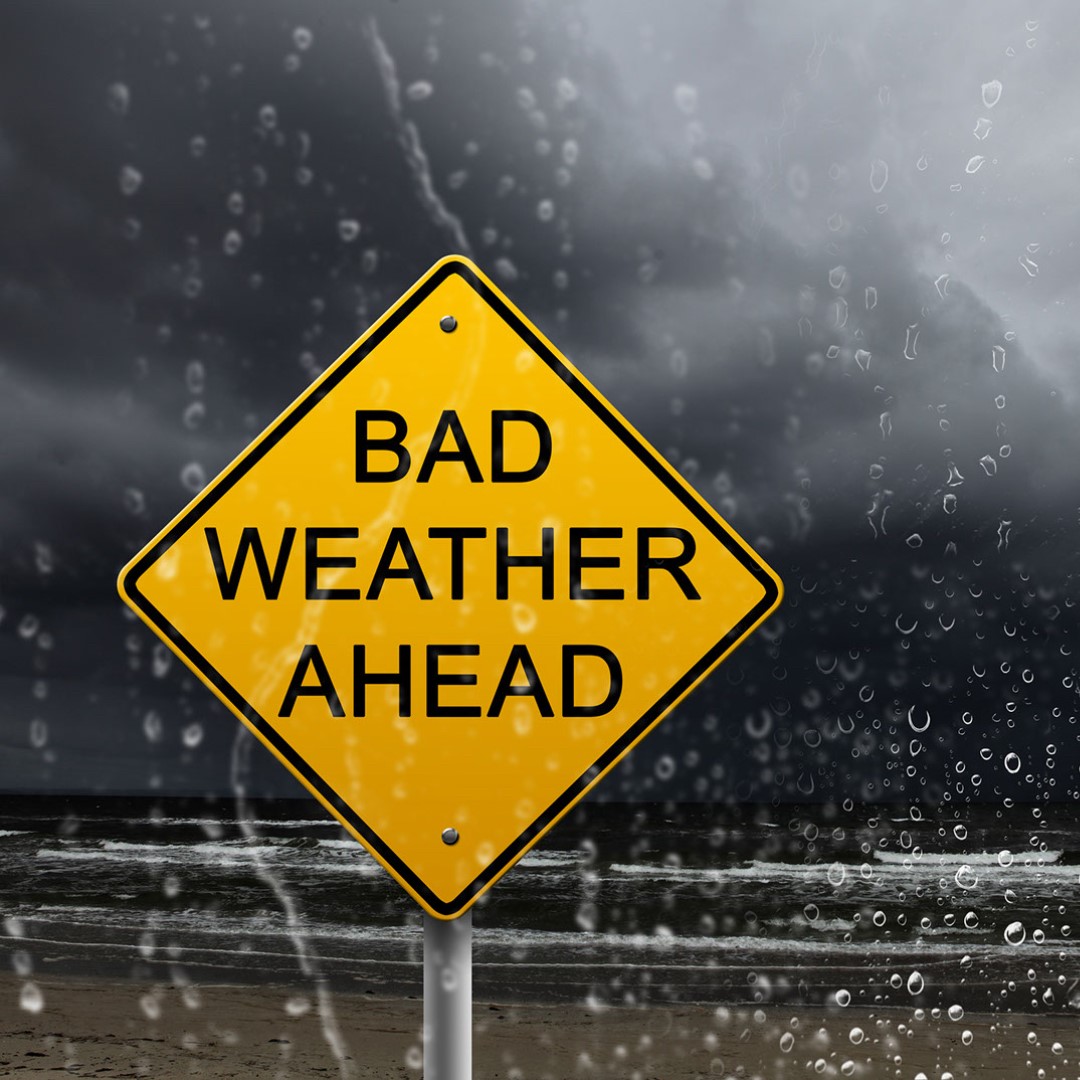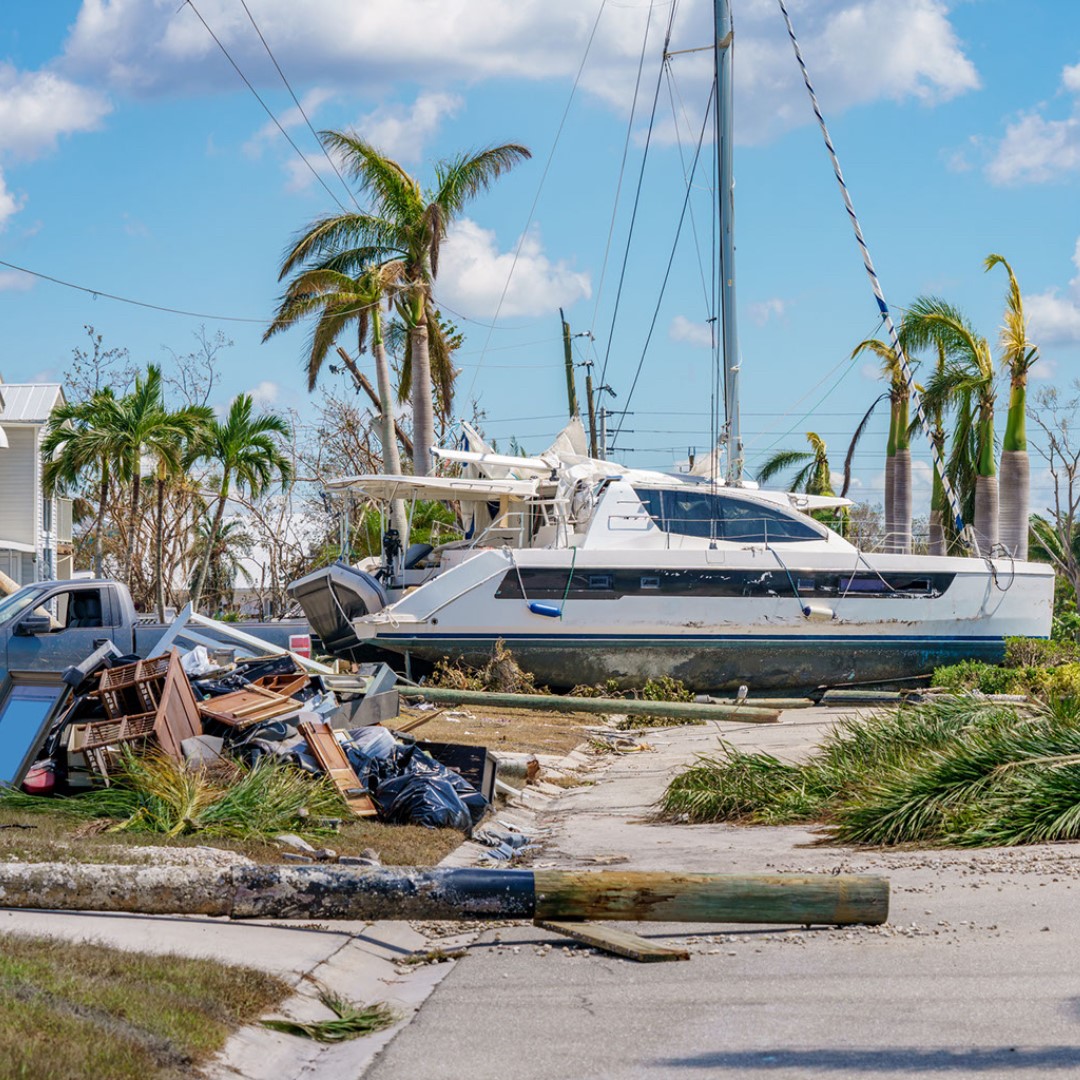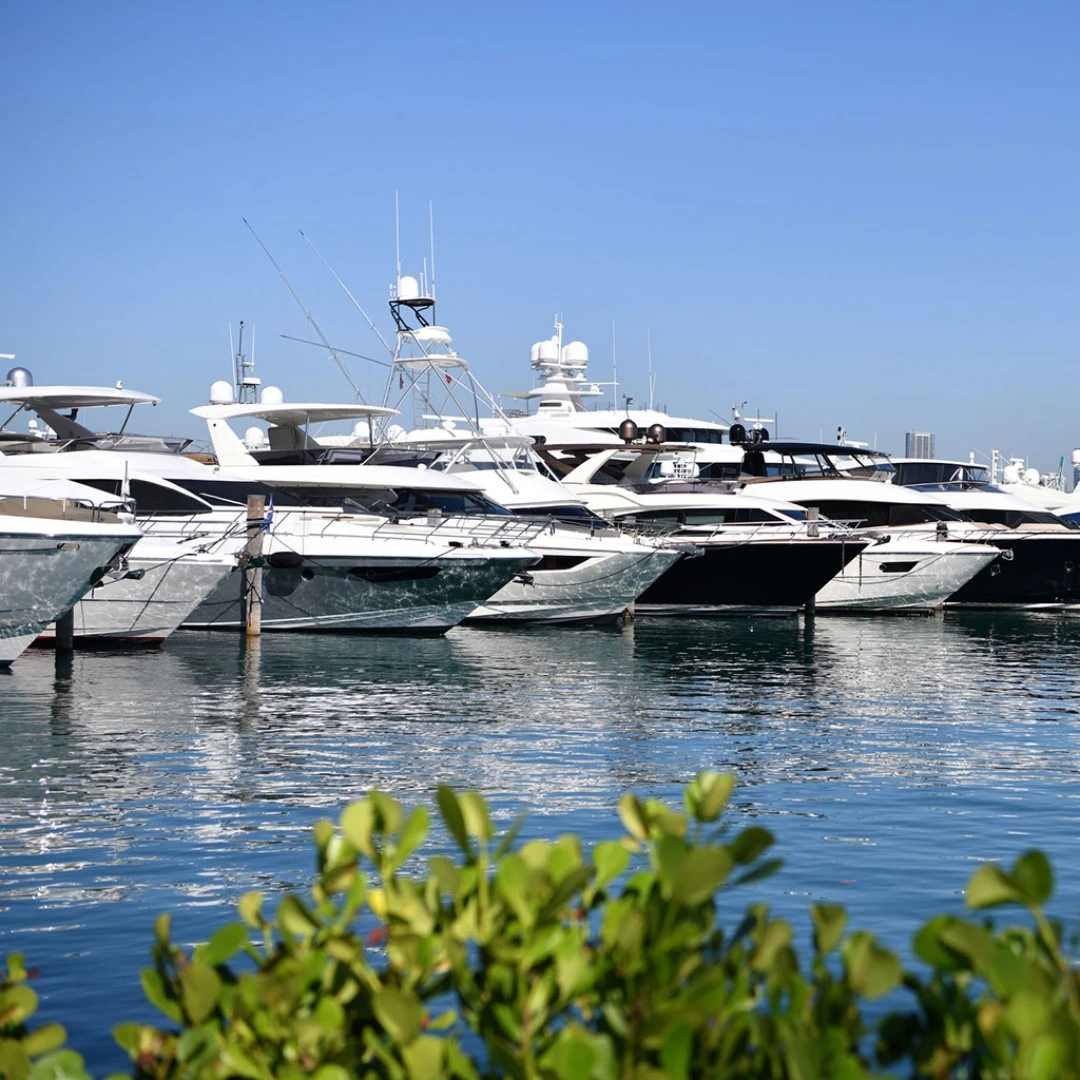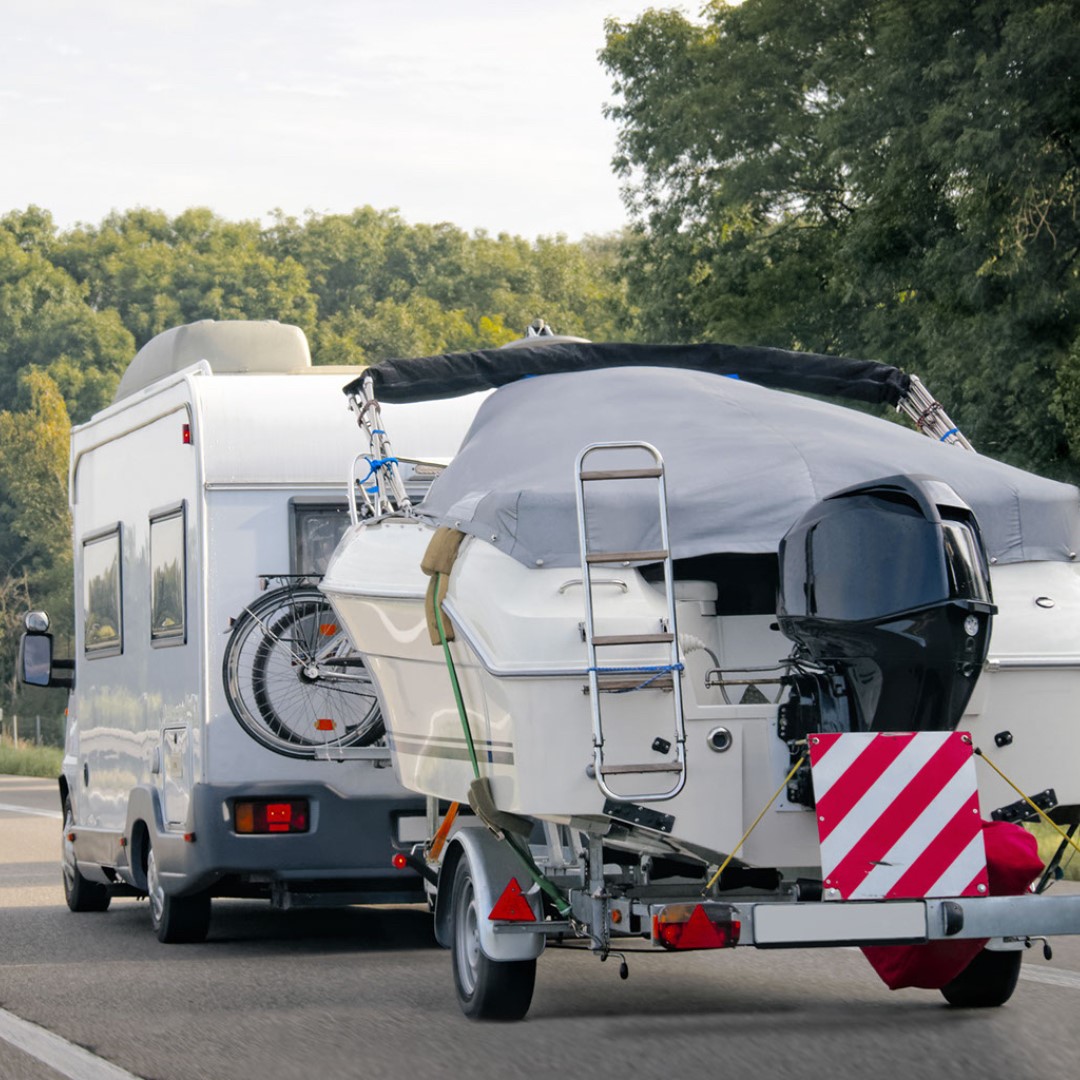10 Steps to Prepare Your Boat for Hurricane Season
As a boat owner, you know that the pleasures of being out on the water come with certain responsibilities. One of the most important of these is ensuring the safety of yourself, your passengers, and your vessel. This responsibility becomes even more critical during hurricane season, which runs from June 1st to November 30th in the Atlantic basin.
Hurricanes are unpredictable and can be incredibly destructive, causing damage to homes, businesses, and, of course, boats. As a result, it’s crucial to take proactive steps to protect your vessel, whether it’s docked in a marina or moored on a private dock. By preparing your boat and making a hurricane plan, you can greatly increase the chances of avoiding costly damage or, worse, losing your boat entirely.
In this guide, we’ll provide you with essential tips and best practices for navigating hurricane season safely, we’ll cover everything you need to know to prepare your vessel for the unpredictable weather ahead.
1. Check your Insurance – It is highly recommended to have your boat insured. In the event of damage caused by a hurricane, the repair costs could far exceed the cost of an insurance policy for the entire year. Therefore, it is crucial to invest in boat insurance to ensure you are financially protected in case of any unforeseen damages or accidents. Boat owners should take note if their policy requires them to relocate their vessels out of a hurricane zone, and make sure to do so by the deadline specified in their policy.
2. Create a Storm Plan – Creating a storm plan is essential. Insurance providers usually require a formal, written plan outlining where and how your boat will be secured during a major storm. It is important to designate a responsible person to execute the plan if you are out of town during a storm. This ensures that the plan is followed, and your boat is properly secured, minimizing any potential damage that may occur during the storm.
3. Boat Storage and Haulage – Check with your marina, storage premises, or dock where your boat is moored, whether it can remain there during a hurricane. If it is allowed to stay, it is crucial to know the procedure for securing not only your boat but also those docked around it. In the event of moving your boat, have a plan to select a haul-out provider in your area, before the onset of the hurricane season. It is not advisable to wait until a storm is imminent to make this decision.
4. Inventory and Document Storage – It is recommended to create an inventory of all valuable fixed items on your boat, such as marine electronics, through a video recording or photos. It is crucial to store all important documents related to your boat, including your marine insurance policy, in a secure location off the vessel. This will help ensure that these documents remain safe and accessible in case of any damage to the boat during a hurricane.

5. Weather Check – Keep track of local and national weather services, including NOAA Weather Radio and the National Weather Service’s National Hurricane Center at www.nhc.noaa.gov.
6. Prepare Your Boat – When a storm is forecasted for your area, it is essential to remove all detachable items from your boat, such as sails, canvas, cushions, fishing equipment, radios, electronics, and antennas. Additionally, it is important to tie down everything that cannot be removed, including booms, tillers, wheels, and other similar equipment. You should also deflate and store your dinghy and its outboard motor off the boat. If it is a fiberglass dinghy, it should be stored in an indoor facility. Lastly, if the boat is on a trailer, it should be securely lashed down. This can be achieved by using tie-downs to anchor the trailer to the ground, letting the air out of its tires, and weighing down the frame. These steps will help ensure that your boat and its equipment are safe and secure during a hurricane, minimizing any potential damage that may occur.
7. Docking and Anchoring – Boat owners must take necessary measures to secure their boats, whether docked in a marina or anchored. Centering the boat in its slip, doubling up all dock lines, and ensuring they are long enough to compensate for high water are crucial steps to take.
8. Anchored Boats – If the boat is anchored, putting out enough scope and inspecting all anchor rodes and chains, and using new or good gear is recommended. Additional anchors should be set if necessary to secure the boat safely.
9. Disconnect the Battery – One of the most important steps in preparing your boat is to disconnect its battery. This is because lightning strikes or power surges can cause electrical equipment to short out, leading to fires or other hazards. Moreover, if your boat is in a facility with shore power, it is essential to turn off all power and ensure that all shore power cords are securely stowed away. This will help prevent any damage that may occur due to electrical surges or other power-related issues during a hurricane. It is also important to make sure that all electrical equipment is turned off, including lights, pumps, and radios.
10. Don’t Risk Your Life – It is highly advised not to stay on board your boat or attempt to ride out a storm. Regardless of the financial or sentimental value of your vessel, it is not worth risking your life.
Hurricane season can be a stressful time for boat owners, but taking the necessary steps to prepare your boat for a potential storm can make all the difference. From monitoring weather services to securing valuable items and properly lashing down equipment, every precaution counts. Remember to always prioritize your safety and the safety of others by following evacuation orders and not riding out a storm on board. By being proactive and prepared, you can help minimize the damage and potential risks during hurricane season.
Stay safe and happy boating!
More for you to read;
Must have safety Equipment for Your Boat
Boat Maintenance 101 – Essential Tips for Keeping Your Vessel Shipshape
Set Sail With The Best – Top 10 Industry Podcasts to Tune into in 2023











